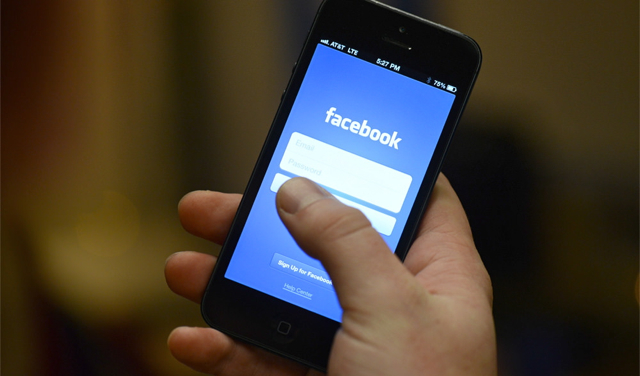Facebook Takes Multiple Steps in Effort to Combat Fake News
December 19, 2016
After accepting some responsibility for the fake news plaguing Facebook, chief executive Mark Zuckerberg has begun to institute steps to get rid of the worst offenders. Facebook has identified sites that consistently peddle fake news and will demote their posts from news feeds. Fact-checking will be outsourced to groups affiliated with the Poynter Institute, including ABC News, Associated Press, Snopes, PolitiFact and FactCheck.org. Facebook users will also find it easier to flag stories they believe to be fake.
The Wall Street Journal quotes Facebook executive Adam Mosseri, who is in charge of the news feed, that the company is “trying to focus on the worst of the worst, the bottom of the barrel here.”
Although Zuckerberg still says the company shouldn’t become “arbiters of truth,” the public disagrees: a recent Pew Research survey reveals that “nearly two-thirds of Americans say fabricated news stories spark a great deal of confusion over current issues,” and 71 percent of them believe social media sites such as Facebook and Twitter have a “a great deal” or “a fair amount” of responsibility for halting the distribution of fake news.
Facebook will also rely on users to flag fake news, making that option easier to find; its software will look for stories that have triggered such reports. “If a link attracts enough fake-news reports, Facebook will send it to one of the fact-checking groups,” said Mosseri, who “declined to describe the specific signals that would trigger this action.”
The New York Times says that the problem resides with “a vast ecosystem of false news creators who thrive on online advertising and who can use other social media and search engines to propagate their work,” including Google, Twitter and message boards. When faced with fake news on Facebook, a user is presented with a “list of limited and vague options” for flagging it, including “I don’t think it should be on Facebook.”
The user will also have the choice to message the friend who originally shared the post, to tell that person the article is false. Facebook also “plans to impede the economics of spreading fake articles across the network,” although no details were given.
The New York Times also spoke with ABC News president James Goldston, whose company is part of Facebooks’ fact-checking effort. He revealed that he has set up a team of “about a half a dozen people,” who will “draw on all of the ABC News verticals and our global reporting” to “get to the bottom” of the content, and create live streams and short videos explaining what they have found. ABC News will not receive payment, but is doing it as “a genuine public service.”
“We actually regard this as a big part of our core mission,” said Goldston. “It’s a first step. I don’t think any of us believe this alone will be the end of the fake news issue. But I think we’ll learn from it and iterate. Hopefully, over time, it will come to have a significant effect.”


No Comments Yet
You can be the first to comment!
Sorry, comments for this entry are closed at this time.